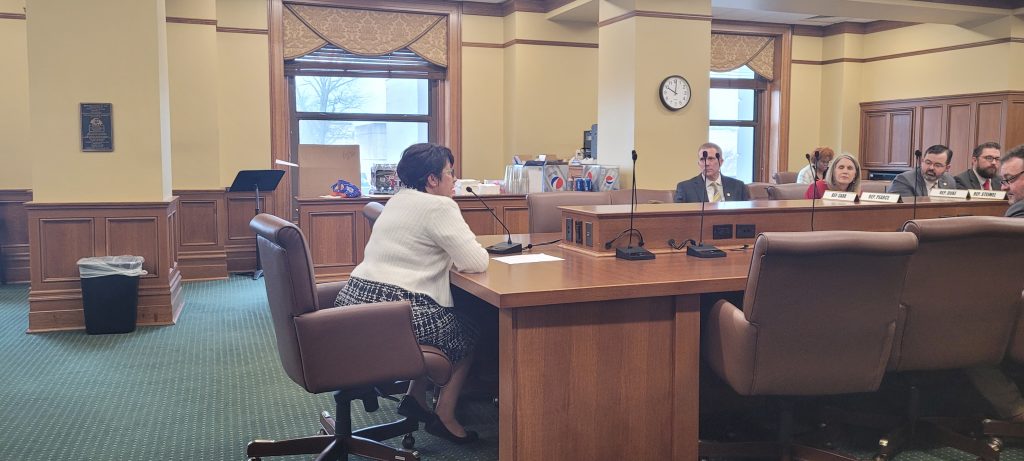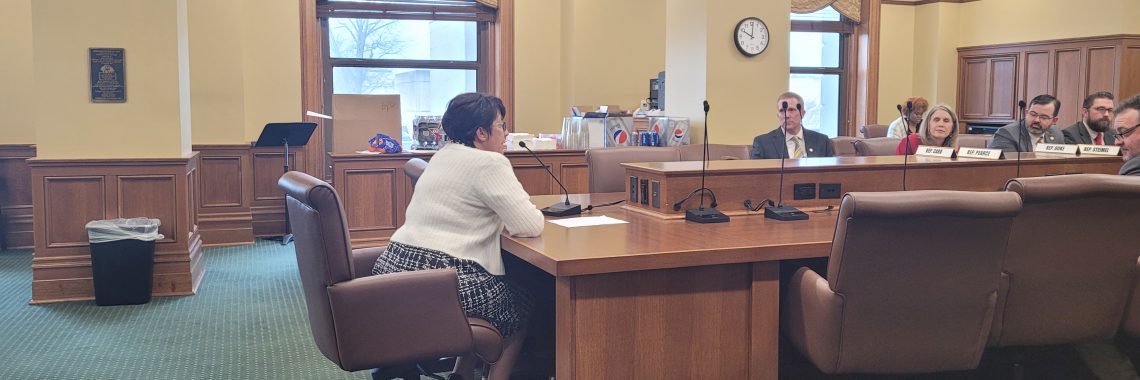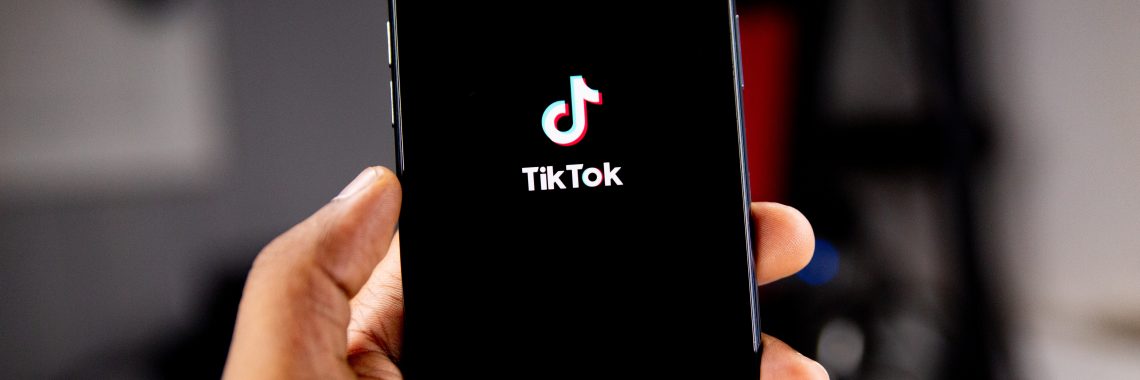Recapping the First Week of the 2023 Legislature

The Arkansas Legislature is wrapping up its first week of the 2023 session in Little Rock.
Lawmakers have filed several measures as the session gets underway.
Below is a quick look back at the week.
- On Monday Sen. Gary Stubblefield (R – Branch) and Rep. Mary Bentley (R – Perryville) filed S.B. 43 prohibiting adult performances — including drag performances — on public property or in view of children.
- Rep. Julie Mayberry (R – Hensley) and Sen. Missy Irvin (R – Mountain View) filed H.B. 1098 permitting Safe Haven Baby Boxes at volunteer fire stations in Arkansas.
- Rep. Mary Bentley (R – Perryville) and Sen. Gary Stubblefield (R – Branch) filed H.C.R. 1005 declaring January 16, 2023, “Religious Freedom Day” in Arkansas.
Below is a breakdown of legislation filed so far this year.
Good Bills Filed
S.B. 43 (Decency): This good bill by Sen. Gary Stubblefield (R – Branch) and Rep. Mary Bentley (R – Perryville) prohibits drag performances on public property or in view of children. Read The Bill Here.
H.B. 1098 (Pro-Life): This good bill by Rep. Julie Mayberry (R – Hensley) and Sen. Missy Irvin (R – Mountain View) permits Safe Haven Baby Boxes at volunteer fire stations in Arkansas. Read The Bill Here.
H.B. 1006 (Abortion): This good bill by Rep. Aaron Pilkington (R — Knoxville) would require an employer that covers abortions or travel expenses related to abortions to also provide 16 weeks of paid maternity leave to employees in Arkansas. Read The Bill Here.
H.C.R. 1005 (Religious Freedom): This good measure by Rep. Mary Bentley (R – Perryville) and Sen. Gary Stubblefield (R – Branch) declares January 16, 2023, “Religious Freedom Day” in Arkansas. Read The Measure Here.
S.B. 4 (National Security): This good bill by Sen. Gary Stubblefield (R — Branch) and Rep. Mary Bentley (R — Perryville) restricts access to TikTok on computers, tablets, phones, and other devices owned by the State of Arkansas. Read The Bill Here.
Bad Bills Filed
H.B. 1024 (Public Drinking): This bill by Rep. David Ray (R – Maumelle) and Sen. Matt McKee (R – Dist. 6) would let cities and towns that do not collect advertising and promotion taxes on hotels and restaurants establish entertainment districts where public drinking is legal. This would let communities authorize public drinking in entertainment districts even if the community does not cater toward hospitality and tourism. That has the potential to expand public drinking in Arkansas. Read The Bill Here.





